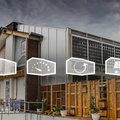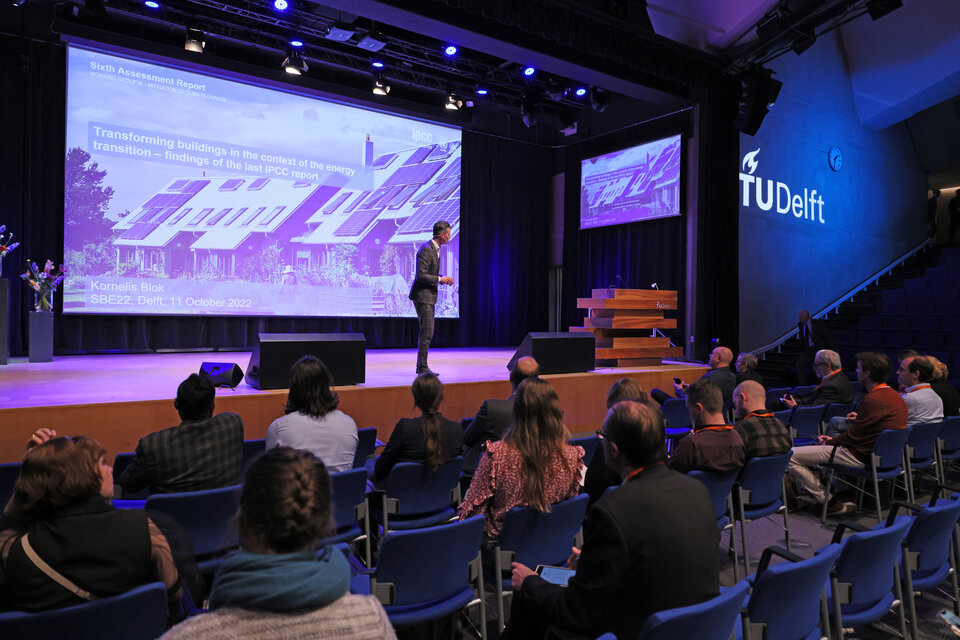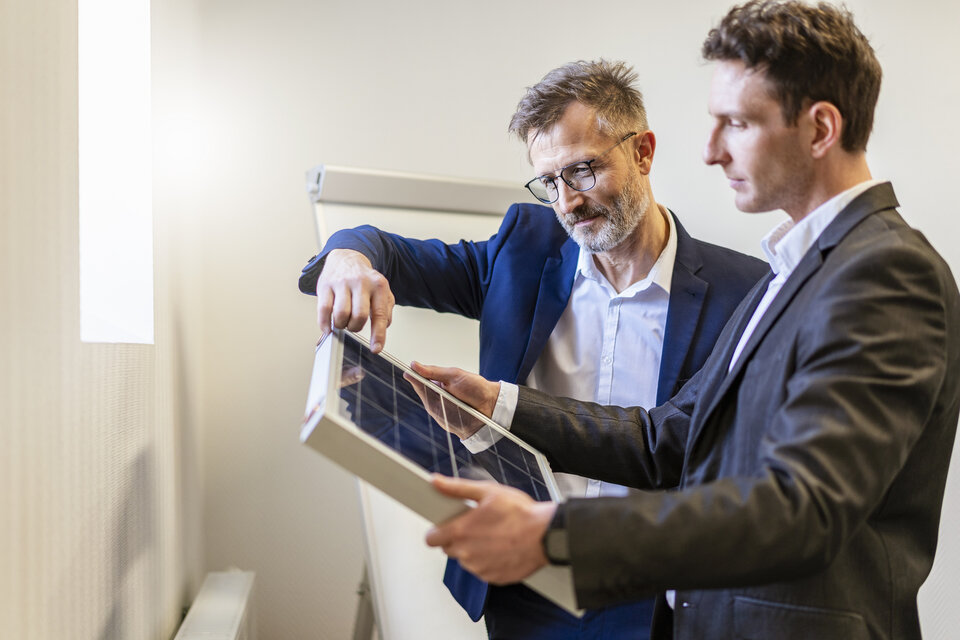TU Delft Urban Energy Institute
The energy transition is one of the most urgent global challenges of our time, requiring immediate action at both national and international levels. Cities occupy only 2% of the world’s surface but consume over 75% of global energy resources and are responsible for a significant portion of greenhouse gas emissions. This makes urban energy systems critical in the global shift towards sustainable practices.
Founded in 2018, the Urban Energy Institute at TU Delft is a multidisciplinary platform of researchers and experts dedicated to accelerating the transition to a carbon-free built environment.
We aim to create tangible impact through three key pathways:
-
Generate and Share Knowledge: We conduct pioneering research with a focus on multidisciplinary and cross-sector collaborations that accelerate the shift toward sustainable urban energy systems.
-
Foster Multidisciplinary Collaboration: We provide a platform where experts from academia, industry, and government collaborate to develop impactful solutions for urban energy challenges.
-
Educate Future Leaders: We actively support educational initiatives, including summer schools, student projects, and the development of MOOCs and lifelong learning programs, supporting the next generation of leaders in sustainable urban energy systems.
The TU Delft Urban Energy Institute is one of the 4 energy pillars of the TU Delft Energy Initiative.
Mailing List
Interested in receiving notices about upcoming events?
Calendar
Energy News
TU Delta: Capturing the heat from below

Foundations for a new building at the Green Village contain 40 metre long tubes to exchange heat with the soil. Researchers will monitor the…
New MOOC: Zero-Energy Design: an approach to make your building sustainable

Learn how to get to a net zero energy use of an existing building.
Nieuwe methode voor snel en nauwkeurig berekenen potentieel zonne-energie in steden

Onderzoekers van de TU Delft hebben een nieuwe methode ontwikkeld om snel en nauwkeurig het potentieel voor zonne-energie in een stedelijke…






